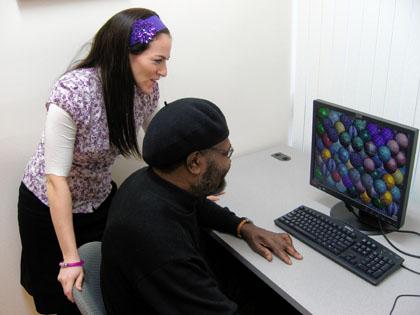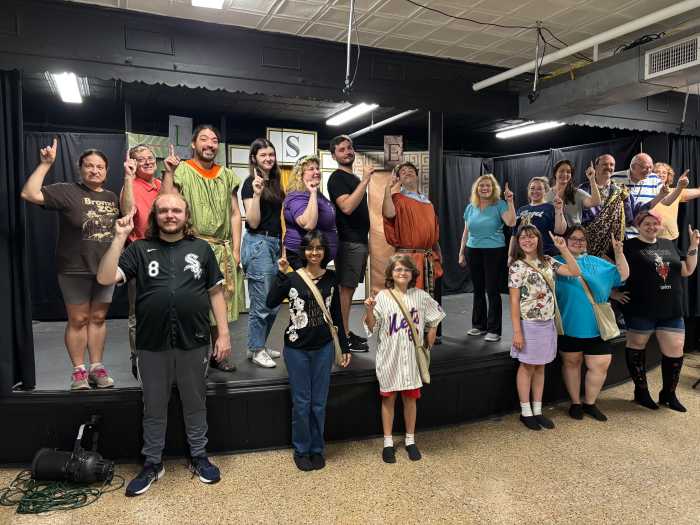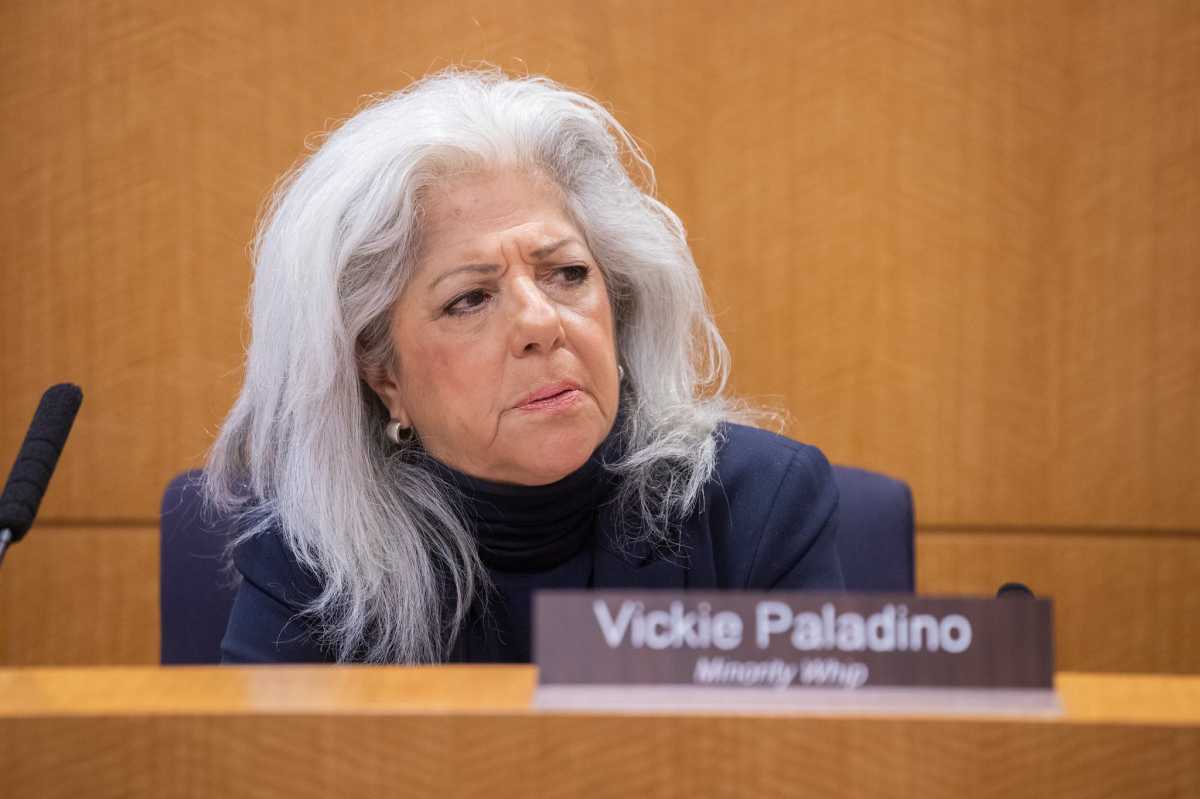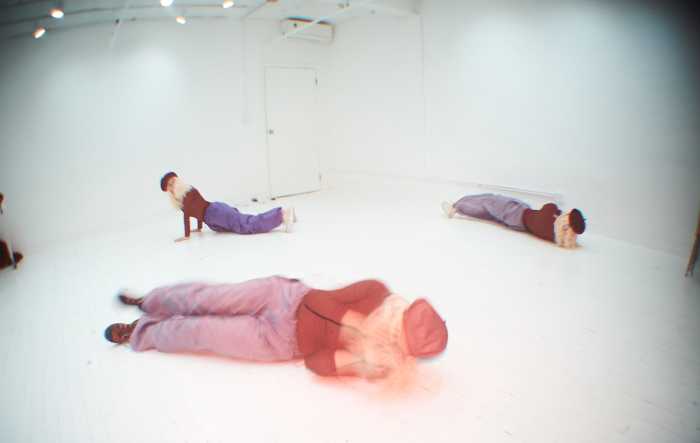By Anna Gustafson
It is hard for Dr. Bruce Brotter, chief operating officer at the Memory Training Center of America, to count the number of success stories.
At the Memory Training Center of America sites, including one in Forest Hills, numerous individuals undergoing cognitive exercises have been able to ward off debilitating memory loss that comes with diseases like Alzheimer’s and Parkinson’s.
There are those who are able to once again spend time with friends and family, or whose depression was sidelined, because of better memory functioning.
Ultimately, Brotter hopes a focus on memory exercises could keep most people’s dementia at bay for a long time.
“We can’t cure Alzheimer’s with these treatments, but we can slow the progression and stabilize the degenerative process,” Brotter said. “Can we help healthy people to forestall the process of memory loss? Yes.”
The Memory Training Center of America’s Forest Hills site has for more than five years been providing evaluation, treatment, education and support to individuals suffering from memory impairment. They treat a wide range of people, from those severely suffering from Alzheimer’s and Parkinson’s to individuals who have just begun to notice symptoms of dementia to those who are aging normally.
Brotter said center employees will first provide a “memory checkup” during which they will assess the extent of the person’s problems so they can “determine if it is age-related memory loss or something more than that.” The assessment is followed by the treatment that aims to stabilize the memory loss, regain memory or, for those aging normally, to forestall dementia.
“What’s really important to us is an individual’s quality of daily life,” Brotter said. “We want to help them remember appointments and names and faces.”
Insurance will typically cover services for those with Alzheimer’s, but it has yet to cover much of the preventative measures for healthy adults — something Brotter hopes will change with time.
“At the age of 85, more than 50 percent of the population could be diagnosed with early stage Alzheimer’s, and more than 50 percent of those over 90 years old,” Brotter said. “If we could push those numbers off by five years, think about that in terms of public health and the savings to insurance companies. We are trying to help Medicare and insurers to see the benefit of providing preventative services.”
Better memory functioning not only makes daily life — remembering where keys are, when the doctor’s appointment is — easier, it can improve confidence and lower levels of depression, Brotter said.
Memory loss can be socially isolating, Brotter said, and those experiencing it can often fall into depression.
“There was an 85-year-old lady we were working with, and she was having trouble remembering the cards that were face down at the evening poker games she would enjoy,” Brotter said. “So her clinician spent time in their sessions working with cards, and she improved her ability to remember the cards. She felt confident enough to return to her poker games, and that’s a good thing for her quality of life.”
MTCA programs are located throughout New York and southern Connecticut, and the Forest Hills site is at 108-10 72nd Ave. For more information, call 866-473-6362 or visit memorytrainingcenters.com.
Reach reporter Anna Gustafson by e-mail at agustafson@cnglocal.com or by phone at 718-260-4574.



































